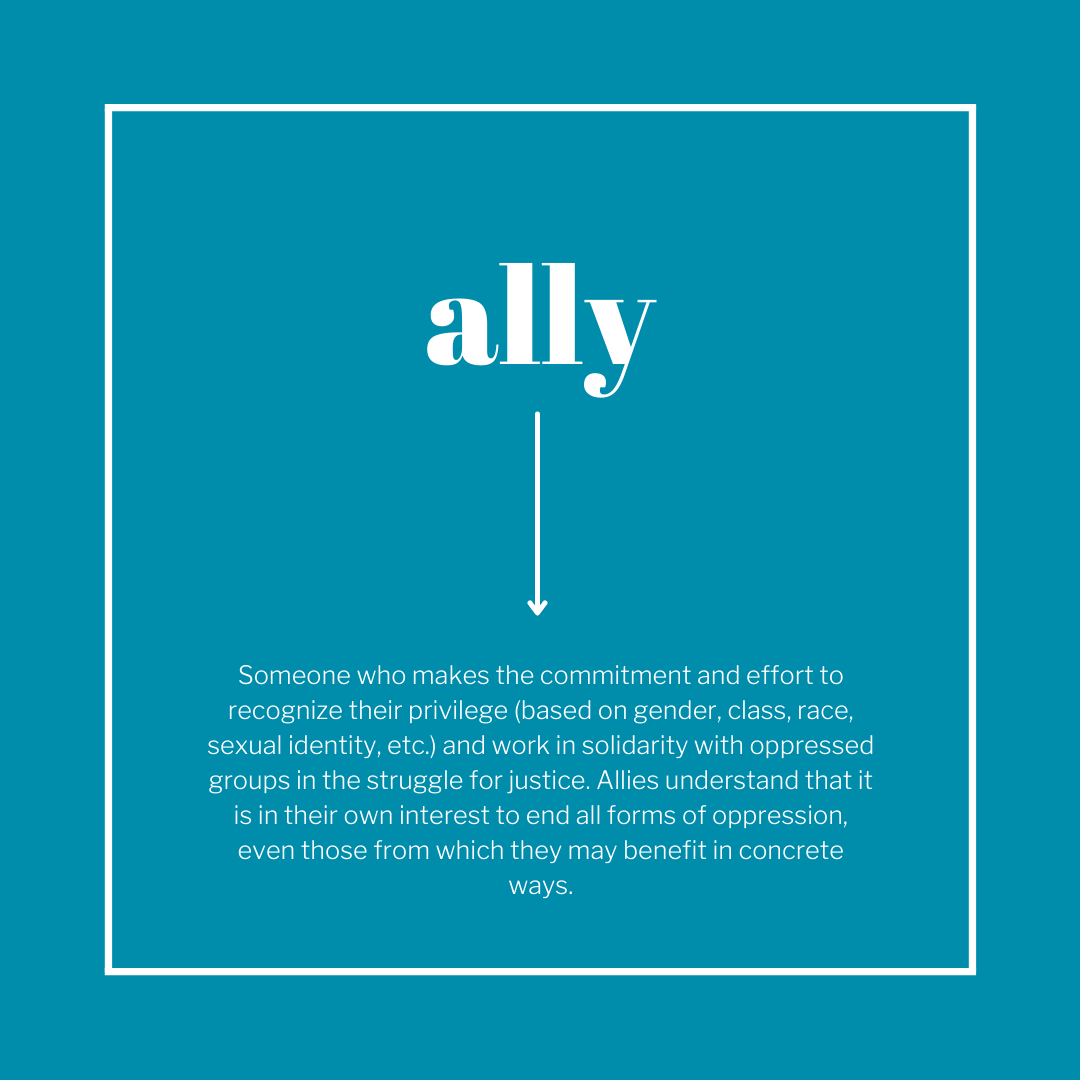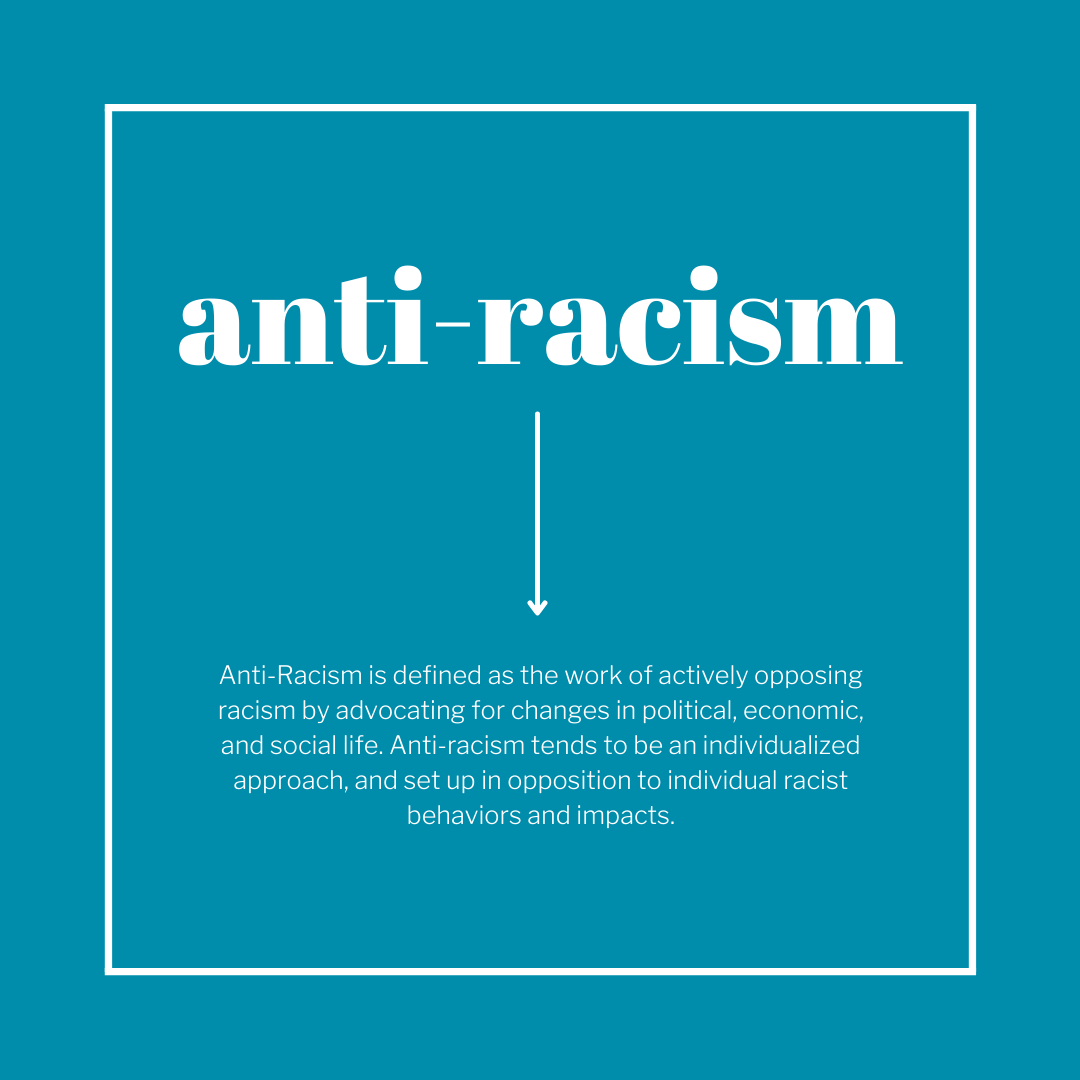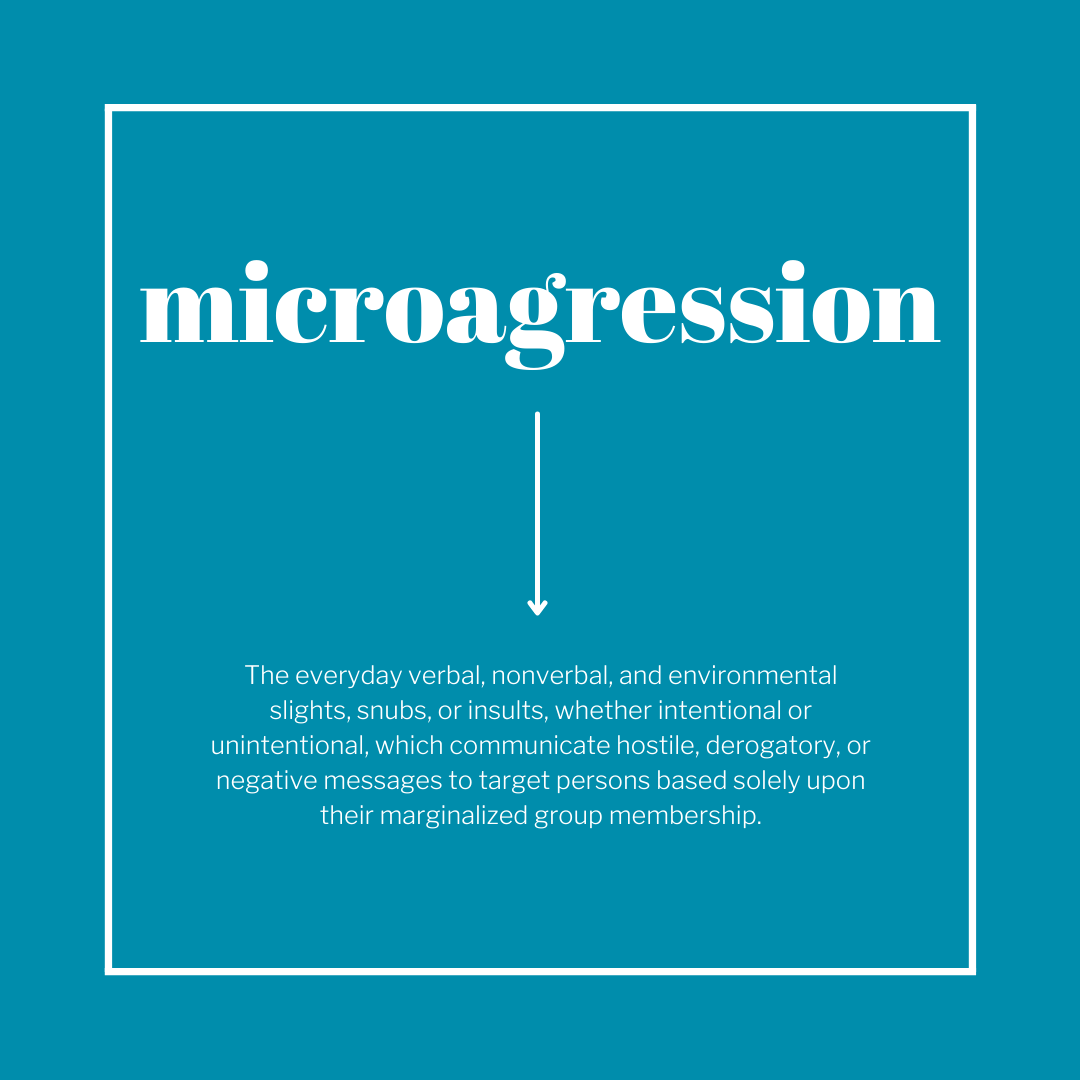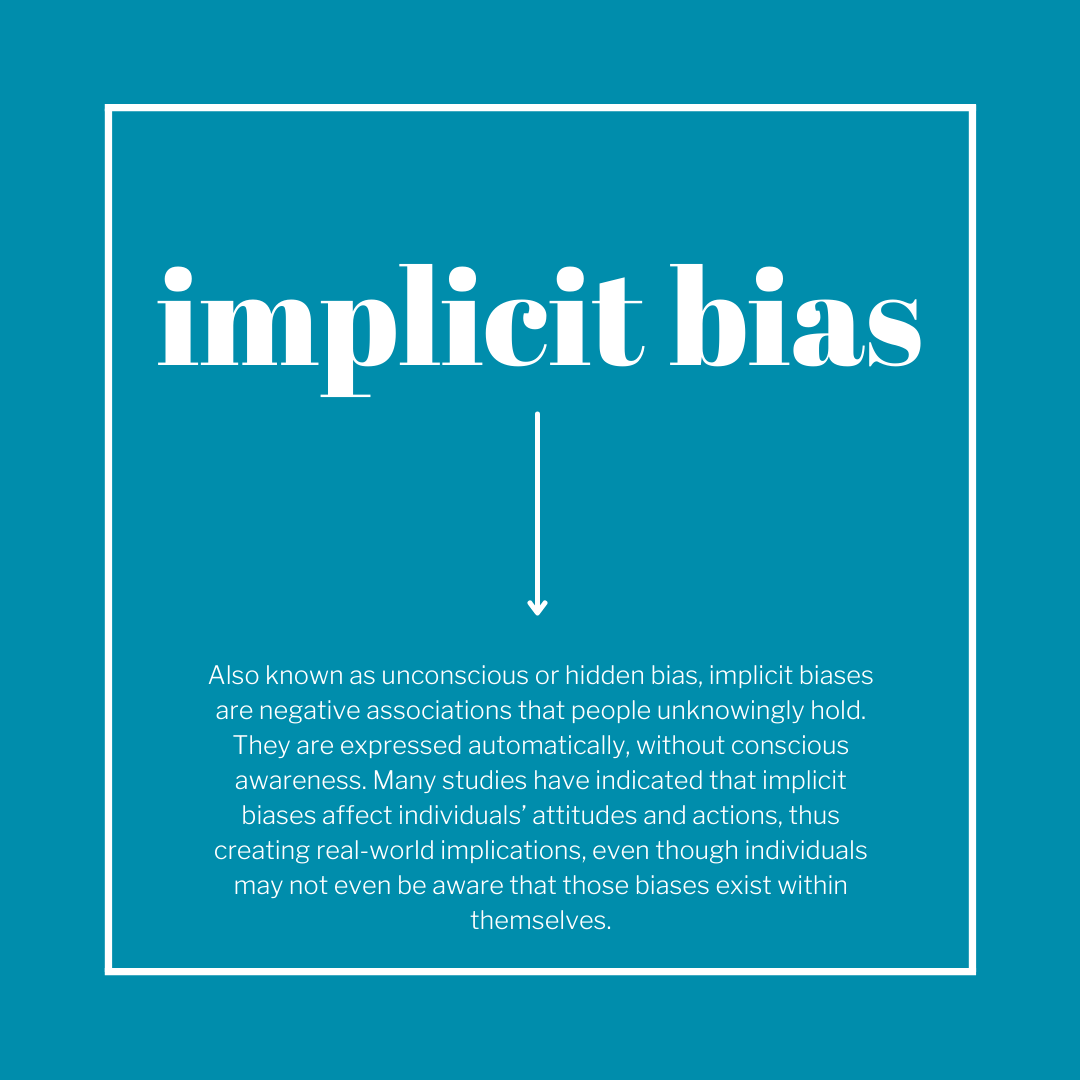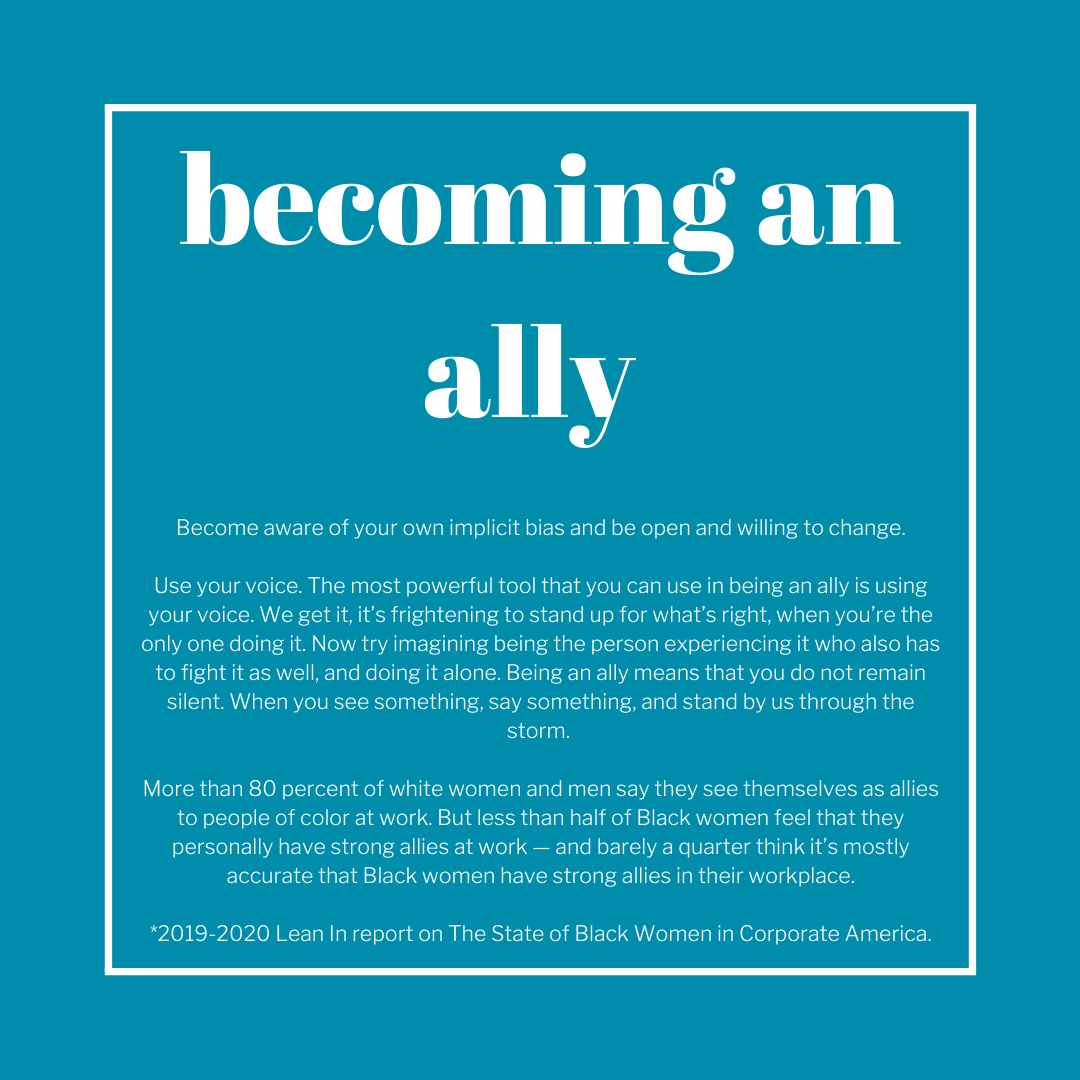We want to begin by thanking you for your interest in supporting Black women. The murders of Breonna Taylor and George Floyd have forced America to take a long hard look at its history of racial injustice and inequality. One thing we’ve learned is that most of our allies just don’t know where or how to start the process to become an ally.
We want to be clear that these are our suggestions in ways to help guide you to become a better ally:
Begin by accepting that you will never fully understand racism, unless you experience it. So, it is important to listen and support the experience of Black people.
There are three things that you need to remember when it comes to being an ally:
Racism is a full body experience
Language
Allyship is a verb
What do we mean by racism is a full body experience?
The physical consequences of racism manifest itself in ways that range from anxiety and inflammation to hypertension and cardiovascular disease.
What language are we speaking?
One of the most important things in being an ally is learning the language. A lot of time we hear words like microaggressions, implicit bias, and the world ally itself. We hear these words on a daily basis, but do we really know what they mean?
Below are some terms that we believe everyone should be familiar with:
THE DOS
Do be open to listening
Do be aware of your implicit biases
Do your research to learn more about the history of the struggle in which you are participating
Do the inner work to figure out a way to acknowledge how you participate in oppressive systems
Do the outer work and figure out how to change the oppressive systems
Do use your privilege to amplify (digitally and in-person) historically suppressed voices
Do learn how to listen and accept criticism with grace, even if it’s uncomfortable
Do the work every day to learn how to be a better ally
THE DON’TS
Do not expect to be taught or shown. Take it upon yourself to use the tools around you to learn and answer your questions
Do not participate for the gold medal in the “Oppression Olympics” (you don’t need to compare how your struggle is “just as bad as” a marginalized person’s)
Do not behave as though you know best
Do not take credit for the labor of those who are marginalized and did the work before you stepped into the picture
Do not assume that every member of an underinvested community feels oppressed




